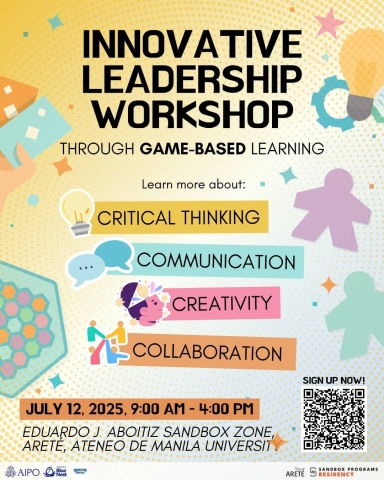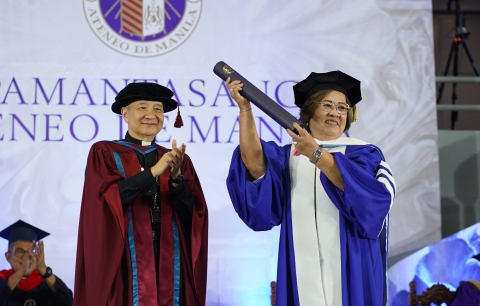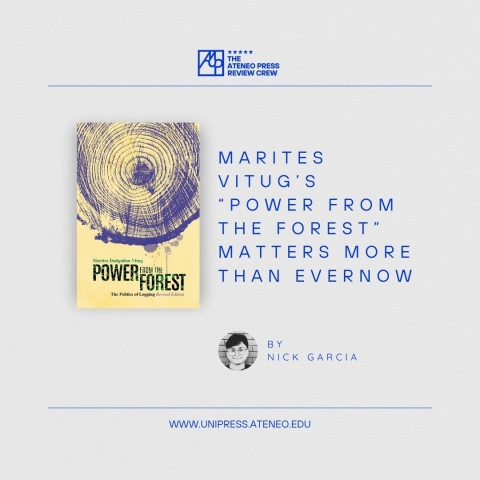My research story: “Expressing Nationalism: Selected Piano Works of Philippine Commonwealth Composer, Rodolfo Cornejo”
20 Aug 2024 | Karen Fatima R. Francisco, PhD
Who would’ve known that someone like me, a classically trained pianist who creates meaningful sounds out of piano keys, would one day be entrusted with discussing music and sharing the happiness it brings? In the world of music, which I consider a safe space for being, listening, expressing, appreciating, reflecting, learning, writing, hoping, and above all else, loving, musicians play instruments, sing, or rap, and let the music they make speak for themselves. Songs have the power to tell stories, and I have always believed that music, even in its absolute or abstract state, can say something to us. The power of music to inspire and express emotions is truly remarkable. It can evoke a wide range of emotions, from joy and excitement to sadness and contemplation. In the glorious turmoil also known as human communication, I find solace in the fact that music can be a means to express one’s thoughts or feelings when words fail. As one of my favorite writers, Victor Hugo, explained best, “Music expresses that which cannot be said and on which it is impossible to be silent.” This temporal art form has been a constant companion in my growth and discovery, helping me navigate life's ups and downs and inspiring me to delve deeper into its mysteries.
My lifelong love for music and the quest for its deeper meaning sustained me in researching Rodolfo Cornejo’s life in music and service to the Commonwealth. Archival research can be daunting, but it was a joyous experience to be drawn to the orbit of the composer’s life. The experience of discovering new aspects of music and comprehending the milieu was truly invigorating. I read manuscripts, scrolled through images on microfilms, handled old photographs and newspapers, and scanned pages from rare books and first editions found in libraries.
My experience as a Fulbright research scholar taught me the importance of having a research plan and being open to surprises, like a sailor adjusting the sails to catch the wind. As an introvert, stepping out of my comfort zone to make new friends who shared my research interests was a struggle. However, I soon realized these conversations were mutually enriching, and the journey was worth the initial discomfort. I visited museums and other historical sites, which helped me engage with the past in intimate ways to gain insights into why things are the way they are today. By embarking on research trips to visit libraries, I became more independent. I gained a deeper understanding of Cornejo’s music and the circumstances surrounding its composition, often through unexpected discoveries such as unpublished manuscripts, personal letters, or rare recordings that added a thrilling element to the research process.
In hindsight, as the official composer of the Philippine Commonwealth, Cornejo wrote music for freedom, and it was my honor to tell his story. The lecture recital at Ateneo provided an opportunity to share my findings with the students and perform his music, and for them, in turn, to reflect on specific issues concerning our nation’s sovereignty and independence that are relevant up to this day.
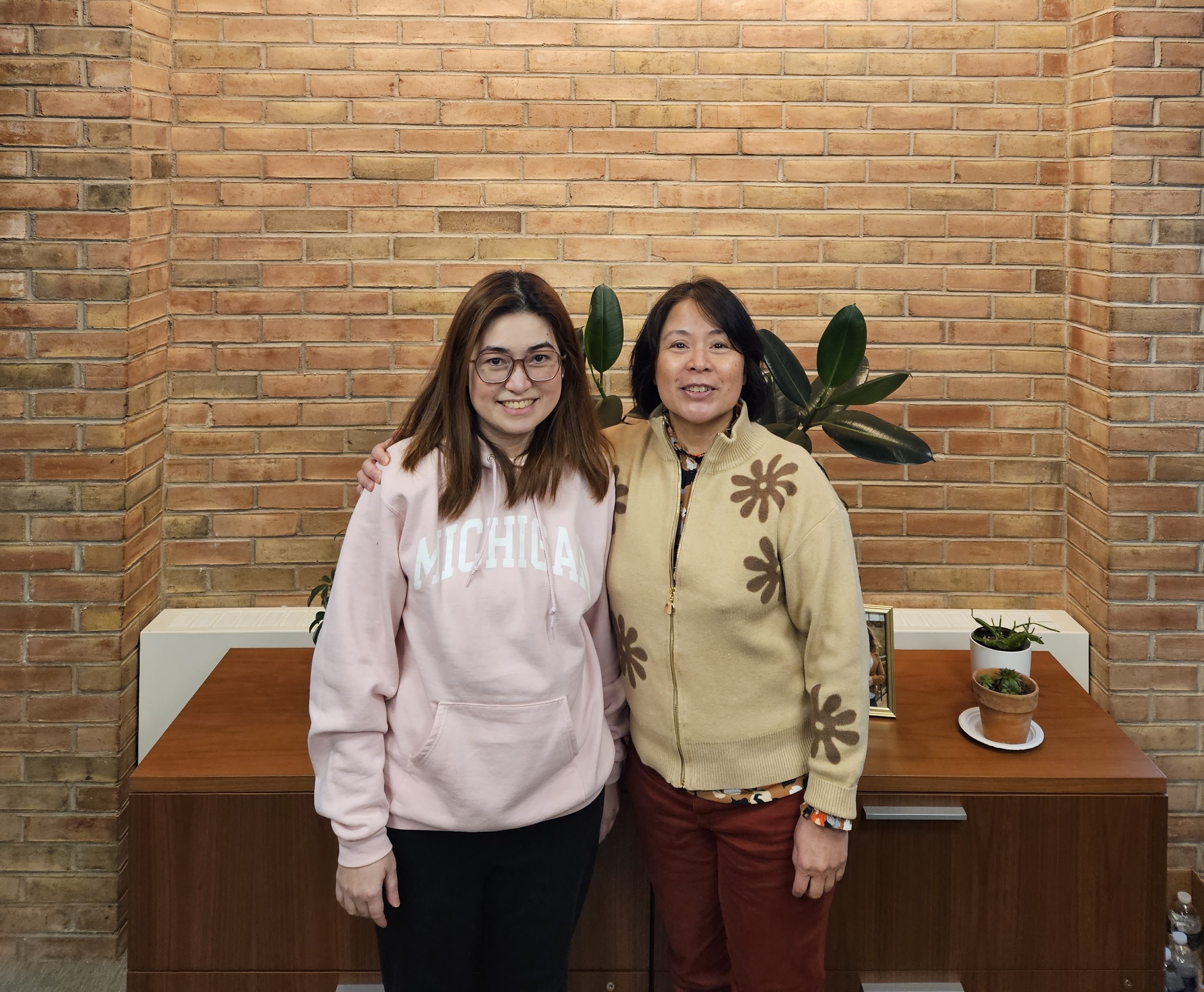
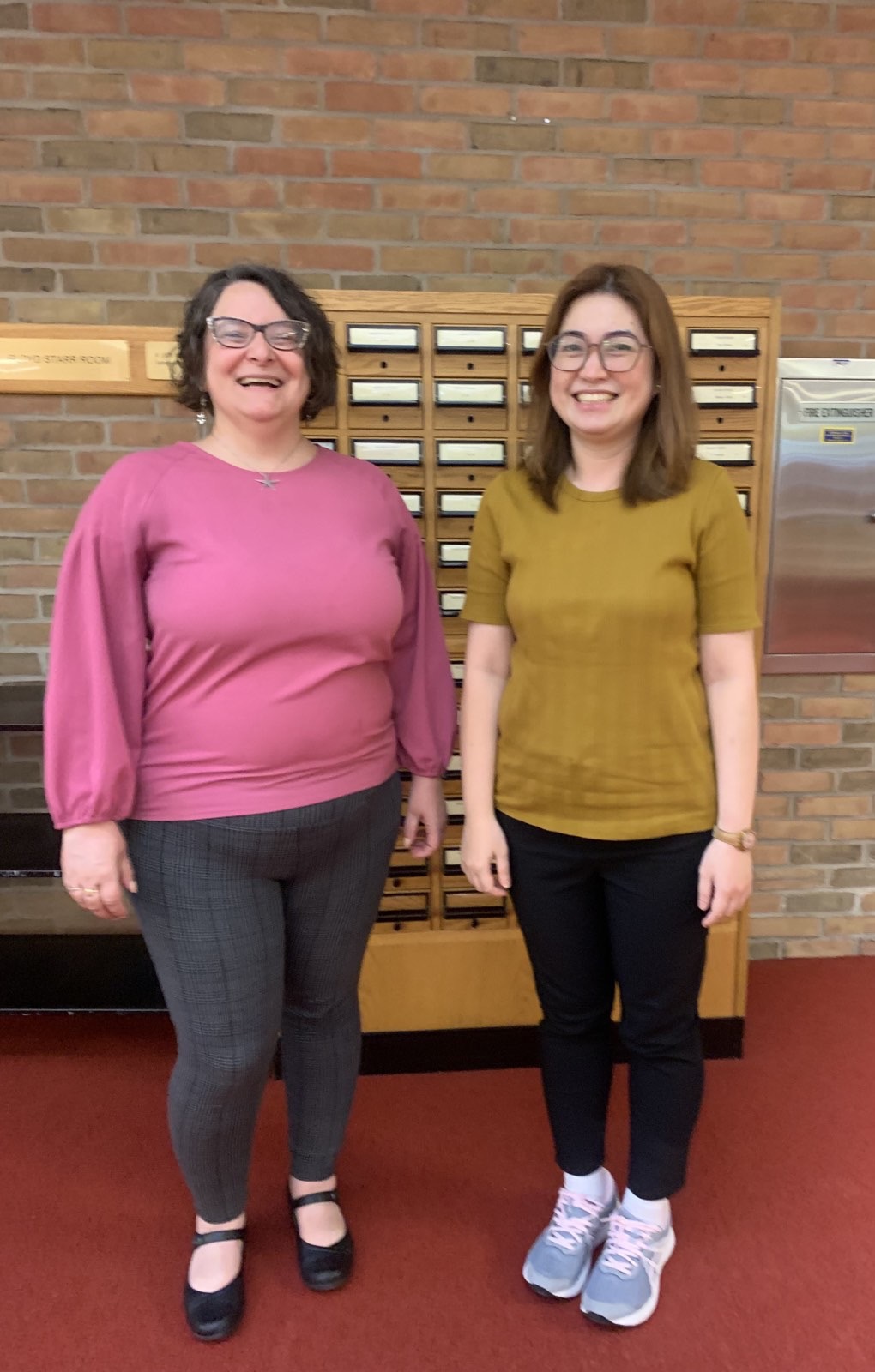
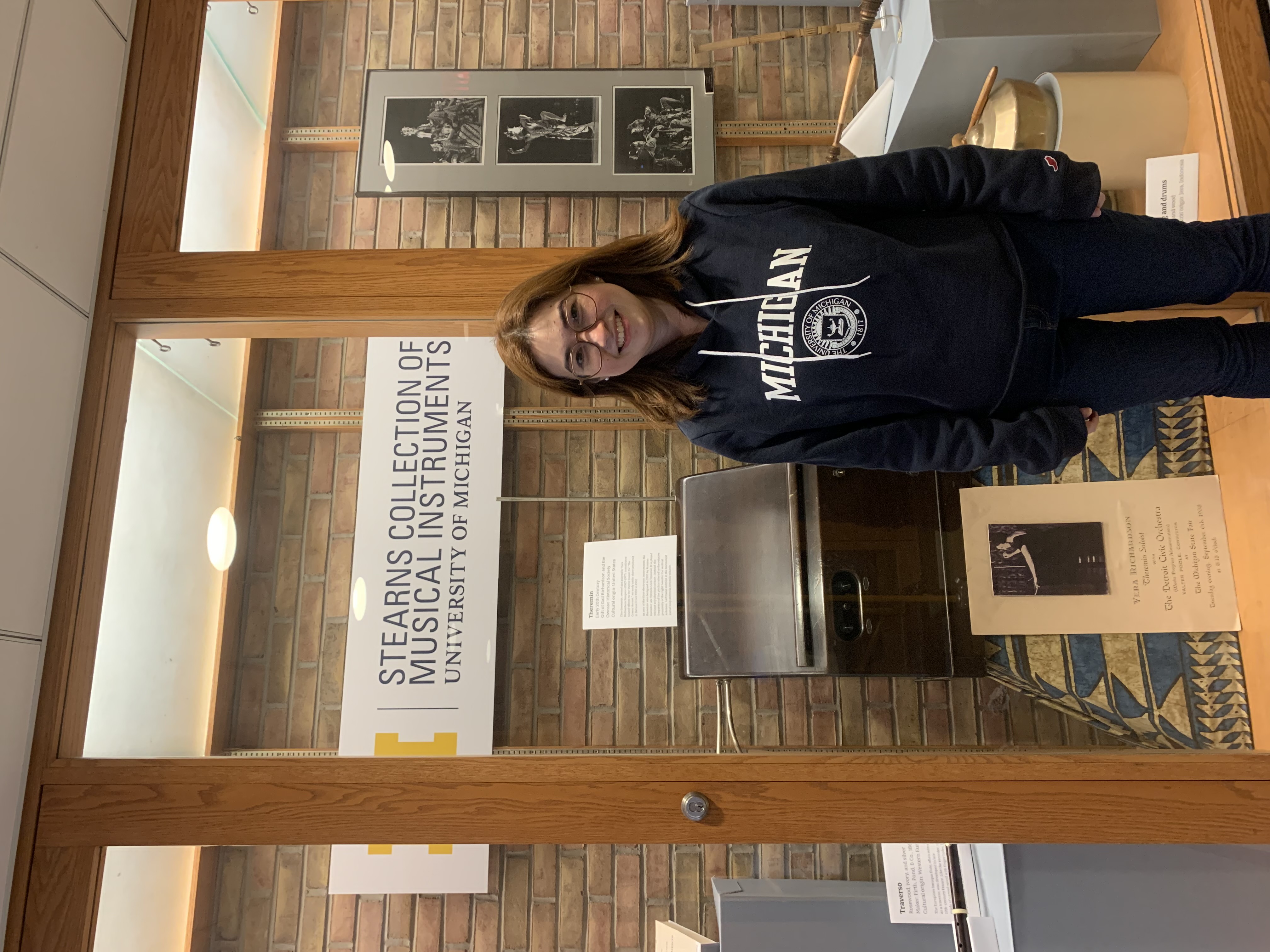
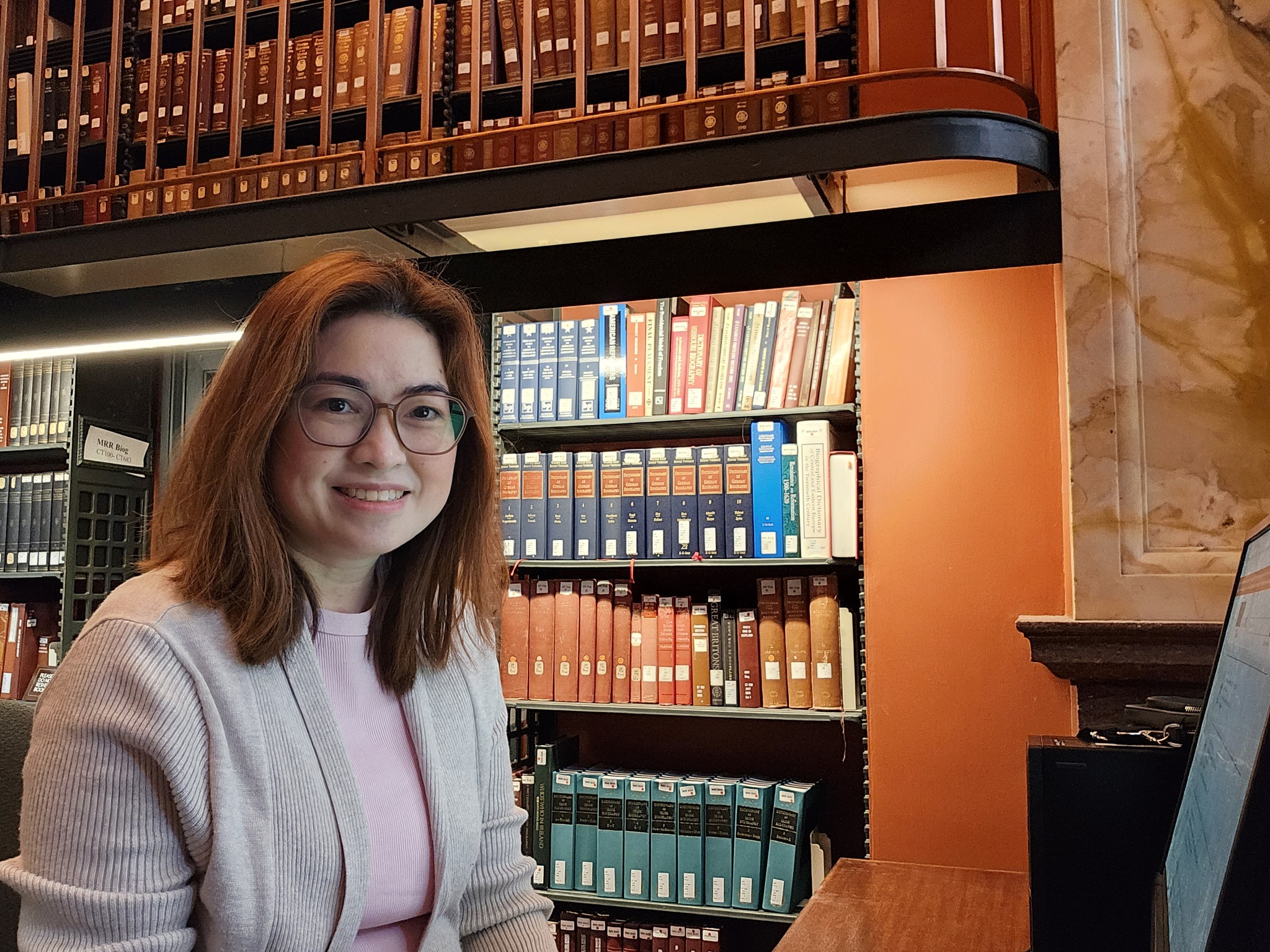

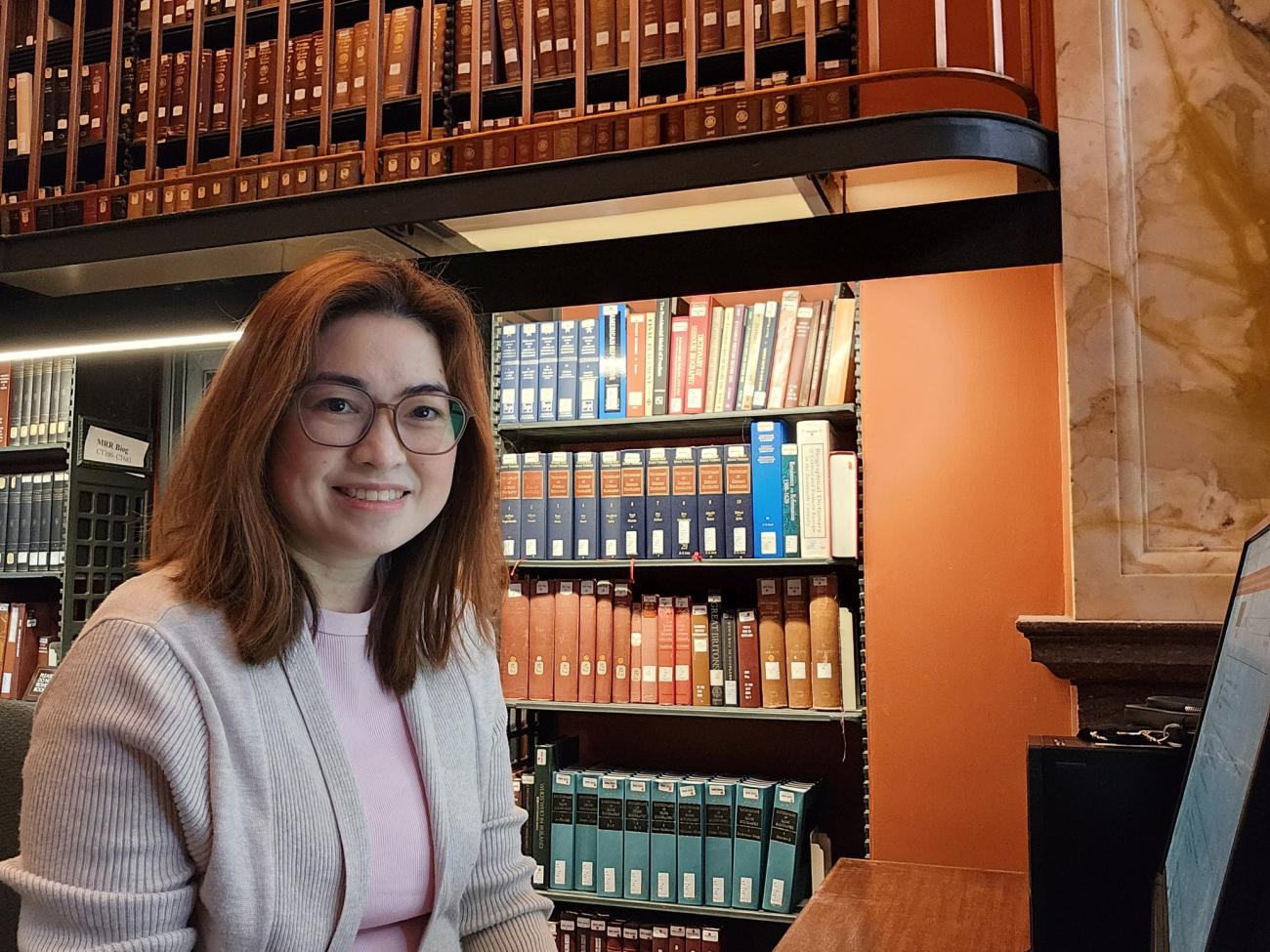
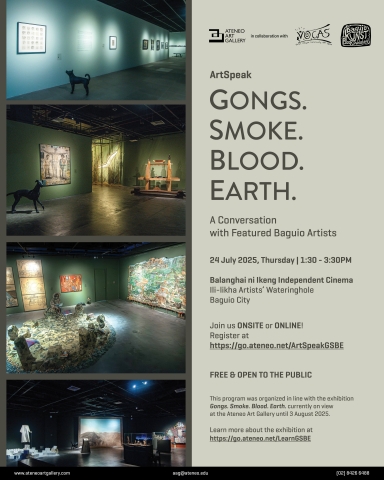
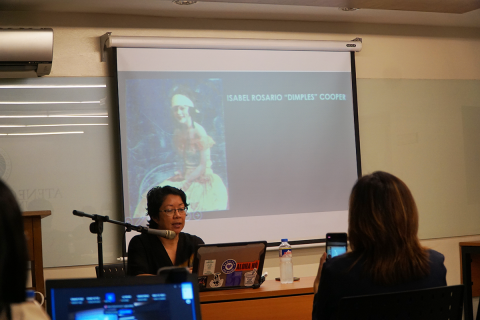
![[AAG] Art Workshops - Cosmic Garden Poster](/sites/default/files/styles/large/public/2025-07/%5BAAG%5D%20Art%20Workshops%20-%20Cosmic%20Garden%20v2.jpg?itok=Z52TVwDS)
